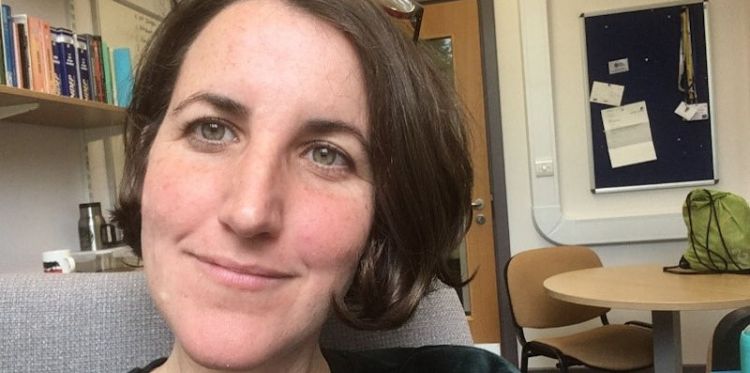Athena Swan Charter
Professor Julia Martin-Ortega

Professor Julia Martin-Ortega is the Associate Director for Water@Leeds, and is a member of the Sustainability Research Institute in Earth and Environment. She describes some personal highlights from her career, and gives advice on how to manage working life.
Promoting the sustainable management of water and land resources
“I am an ecological economist, specialising in human-nature relationships, more specifically on water systems,” Julia said.
“My research aims to further the understanding of the relationships of society and individuals with water systems and how policy can best make use of this understanding.”
I am most proud of how my work was used to inform and modify Water Resources (Scotland) Act.
“Becoming a Professor has been an achievement I have really valued; I am very happy, too, of the role I play as Associate Director of water@leeds, one of the largest interdisciplinary centres for water research globally, she continued.
“But, I am probably most proud how my work was used to inform and modify the Water Resources (Scotland) Act in 2013.”
Being proactive
Julia talked about the importance of being proactive in discovering how individual priorities can align with the priorities of the University, so that there is a synergy between personal and professional goals.
She said: “It is very important to think about your own priorities and how they align with the priorities of the institution. Things work wonderfully where there is a strong alignment between the two, but sometimes one needs to take a proactive role in making that happen.
“For example, understanding that protecting time to work on publications is good both for your career and good for the University. Publications are not the things that you do after you have finished work, they are part of your work.”
She added: “Similarly, for me, it has been valuable to know how to organize my time. This has involved making smart choices, for example, on scheduling meetings so that they fit my own needs and priorities – not only those of others.”

